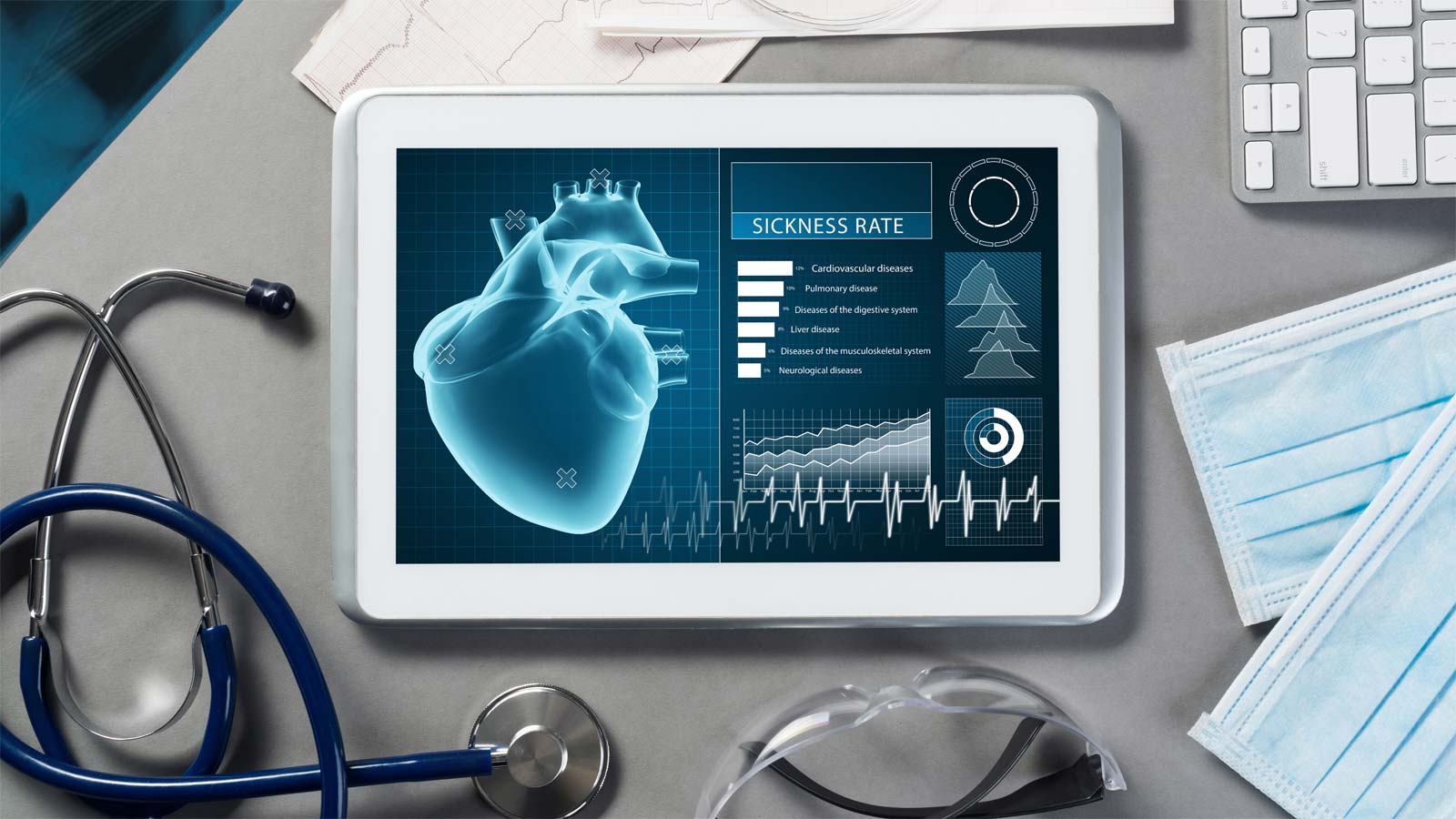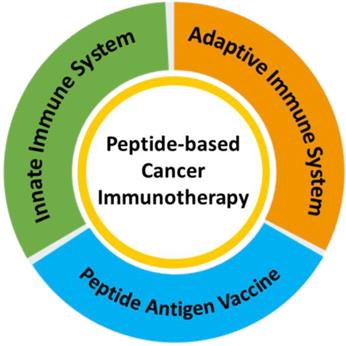
The digital revolution has taken the world by storm, and the healthcare industry is no exception. It is undergoing significant transformation with the help of technological advancements. The impact of technology on healthcare is intense; it enables faster diagnoses, precise treatments, and improved communication between healthcare providers and patients for improved patient care.
Technologies Currently Driving Digital Health
Notable digital innovations include:
Telemedicine and Telehealth
Telemedicine and telehealth have brought the most significant change in the healthcare industry. The pandemic paved the way for widespread adoption of telehealth and made access to quality care possible from the comfort of their homes, regardless of geographical barriers. It mends the gap between patients and healthcare providers. Whether you are looking for a routine check-up, an online medical certificate so as to prove to your boss you need a day off work, a consultation with a specialist, or mental health support, telehealth can cater to it all.
Electronic Health Records (EHRs)
With EHRs (Electronic Health Records) taking center stage, paper-based medical records are history. They serve as digital logbooks to store patient data for secure and accessible authorization to healthcare professionals. EHRs improve patient safety by minimizing errors and ensuring accurate and updated information. Moreover, digital records facilitate communication among healthcare providers, leading to better-coordinated care.
Artificial Intelligence (AI) and Machine Learning (ML)
AI and ML (machine learning) are revamping the diagnostic and treatment sector for the better. Both technologies have the power to analyze a high volume of medical data, including images, genomics, and patient records, much faster and more accurately than humans. AI-driven algorithms assist in diagnostics, customizing treatment plans, and predicting patient outcomes for improved patient health.
Wearable Health Devices
Wearable health devices such as smartwatches or fitness trackers have become the norm. According to the Pew Research Center, every 1 in 5 Americans wears a smartwatch or keeps a fitness tracker with them. These devices help individuals take control of their health and monitor vitals in real time. Wearables provide valuable health insights, such as tracking heart rate, sleep patterns, and steps.
Robotics and Automation
Robots are more than just science fiction. They are an integral part of the healthcare teams. AI in healthcare utilizes chatbots that help with patient interaction in places where immediate assistance is required. While surgical robots assist surgeons with precision for minimally invasive procedures, reducing surgical risks. Robots are also useful for dispensing medication or physical therapy. On the other hand, automation streamlines administrative processes and gives healthcare professionals more time to spend with patients and less on paperwork.
Benefits of Technology In Healthcare
Digital health solutions are transforming patient care delivery, ultimately reducing significant costs by automating tasks, streamlining data management, and reducing medical errors. AI-powered analytics support informed decision-making, lessening the need for unnecessary tests and procedures.
Additionally, predictive analytics and automated appointment scheduling optimize resource allocation, reducing wait times and increasing positive patient satisfaction rates. By leveraging healthcare app development services, organizations can use technology to drive cost savings and improve overall efficiency.
Custom healthcare software development companies can help create mobile medical apps and software that support doctors in making decisions. Digital health app has the vast potential to improve our ability to diagnose and treat the disease accurately.
Digital health benefits healthcare providers and patients by providing an extensive view of patient health. Ease of access to health and other data has improved patient outcomes to a considerable extent.
Digital health applications augment human decision-making capabilities by automating labor-intensive tasks. Many hospitals use digital monitoring tools to track patient safety metrics like hospital-acquired infections or hygiene compliance in real-time. As for medical imaging, AI reduces the number of clicks required to perform a task and provides recommended actions based on context and real-time information.
Implementation Challenges in Digital Healthcare
While digital health has huge potential for success, its implementation comes with a baggage of challenges.
Bridging the Digital Divide
Unfortunately, access to digital technology is not equal for all, especially in underserved areas and older populations. Addressing this disparity is essential for comprehensive and equitable healthcare delivery. Steps should focus on expanding broadband access and customizing technologies to cater to user’s needs.
Training and Adaptation
Moving from a traditional setup to digital healthcare indicates the need for extensive training for all healthcare providers. Training programs and resource allocation strategies can ensure a smooth transition and maximize the benefits of new tools.
Managing Implementation Costs
The initial investment cost in digital healthcare is significant; however, the benefits are worth the money. The final sum includes everything, such as technology acquisition, staff training, and future infrastructure upgrades. Strategic financial planning and exploring funding opportunities are vital for managing these costs effectively.
Ensuring Cybersecurity and Data Privacy
Protecting sensitive patient health data from cyber threats requires robust security measures. Implementing high-end security protocols and regular training on data privacy practices are non-negotiable steps in safeguarding patient information.
Achieving Interoperability
Digital health systems need seamless interoperability to function effectively. Standardizing data formats and protocols is necessary to prevent fragmented care and operational inefficiencies.
Navigating Regulatory Compliance
Complex, region-specific regulations govern the digital health industry. Staying updated about these regulations and ensuring compliance is mandatory for maintaining legal and ethical operations.
Conclusion
The digital health revolution is transforming patient care. Although it has high potential, digital health has upfront challenges like data privacy, cybersecurity, and the digital divide that need to be addressed for it to prosper. As technology continues to grow, the future of healthcare holds the promise of even more innovative solutions, including AI-powered virtual assistants, advanced telemedicine, and personalized genetic medicine.
The HL7 interface engine and other healthcare interoperability solutions are crucial components of a robust digital health infrastructure. They ensure seamless data exchange and interoperability between multiple healthcare systems. Adopting these technologies can help healthcare providers unlock new opportunities to enhance patient experiences for positive health outcomes.
Write and Win: Participate in Creative writing Contest & International Essay Contest and win fabulous prizes.


